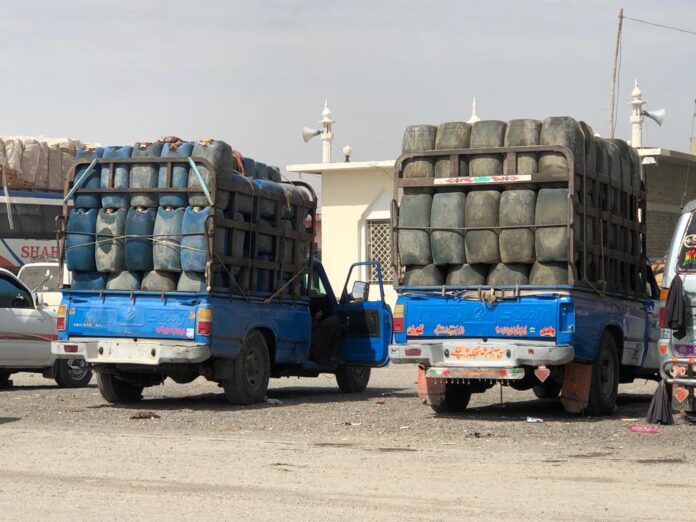The government will introduce real-time digital tracking of petroleum products within a month, covering import, production, storage, transport, and retail, to address losses estimated at Rs300-500 billion annually from smuggling, theft, misappropriation, and adulteration, Dawn reported, citing official sources.
The National Assembly on Wednesday passed the Petroleum (Amendment) Act 2025, allowing authorities to use information technology-based systems for continuous monitoring. The law also grants enforcement powers to deputy commissioners, assistant commissioners, and designated customs officers to seize smuggled or illegally stored fuel before and after conviction.
The system, developed in coordination with the Oil and Gas Regulatory Authority (Ogra) and market stakeholders, will monitor petrol stations, transport routes, and storage facilities to ensure compliance.
Local refineries and oil marketing companies have long called for stricter controls on smuggling, citing damage to business operations and revenue losses. Previous inquiries found oil smuggling worth over Rs250 billion annually from Iran, with reports indicating up to 10 million litres of petrol and diesel entering the country daily through informal crossings.
Under the amended law, individuals involved in illegal import, transport, storage, sale, refining, or blending of petroleum products face fines of Rs1 million, rising to Rs5 million for repeat offences. Unlicensed facilities will be closed, with assets confiscated, and owners fined Rs10 million. Facilities with expired licences have six months to renew; otherwise, they face closure and fines of Rs1 million.
Premises storing or selling smuggled fuel will be immediately sealed, assets confiscated, and owners fined Rs100 million, while vehicles used in smuggling will also be confiscated. The law allows confiscation proceedings to begin before conviction. Trials will be held in Sessions Courts, with administrative powers exercised by deputy or assistant commissioners. Appeals can be made to the High Court within 30 days.
Officials said the reform aims to streamline the petroleum supply chain, reduce adulteration-related engine and environmental damage, and curb significant public revenue leakages.




